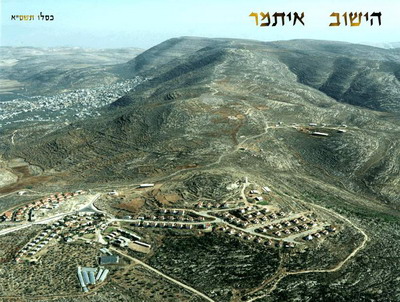 |
Members of the Fogel Family from Itamar; Murdered (March 11, 2011) by Arab Terrorists for being Jewish .  |
JN-992 |
|
JN-992. Jerusalem News. 25 March 2012, 2 Nissan 5712 Contents: 1. This Ongoing War: A Blog Recommended by Brit-Am. 2. Some Recent Israeli Agricultural Achievements: Get ready for Agritech Israel. 3. The New Nazis [Come from Islam]. |
 |
Members of the Fogel Family from Itamar; Murdered (March 11, 2011) by Arab Terrorists for being Jewish .  |
|
Brit-Am Discussion Group |
Contents by Subject |
Research Recognition Reconciliation Contribute |
|
Site Map Contents in Alphabetical Order |
This Site |

Pleased with what you read?
Click Here to make an offering. |